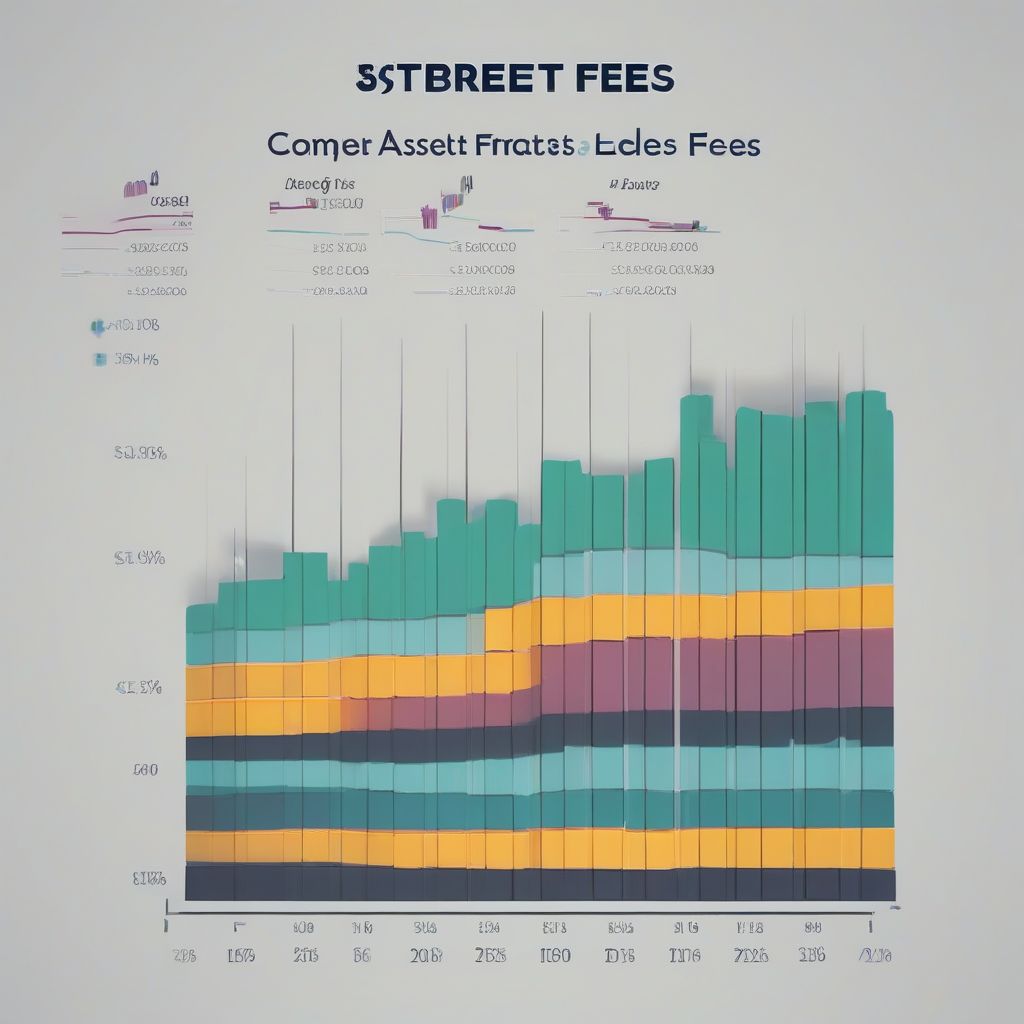Navigating the world of college finance can feel overwhelming. From understanding the FAFSA to deciphering award letters, the journey to funding your education is filled with complex terminology and crucial deadlines. At James Madison University (JMU), we believe that financial accessibility is paramount. This comprehensive guide aims to demystify “Jmu Financial Aid,” equipping you with the knowledge and resources to invest in your future.
Understanding the Importance of Financial Aid
For many students, financial aid is the bridge between aspirations and reality. It empowers individuals to pursue higher education without being burdened by overwhelming debt. JMU Financial Aid is committed to supporting students and their families by providing access to a variety of resources, including:
- Grants: These “free money” awards, often based on financial need or merit, do not need to be repaid.
- Scholarships: Merit-based or criteria-based, scholarships offer a path to reduce educational expenses and reward academic achievements, talents, or community involvement.
- Loans: While loans need to be repaid with interest, they can be an essential part of a comprehensive financial aid package. JMU offers various loan options, including federal and private loans.
- Work-Study: This program allows students to earn money for educational expenses while gaining valuable work experience on or off-campus.
Common Questions About Jmu Financial Aid
We understand that you likely have many questions about financing your education at JMU. Here, we address some of the most frequently asked questions:
1. What is the FAFSA, and how do I apply for JMU Financial Aid?
The Free Application for Federal Student Aid (FAFSA) is the cornerstone of securing financial aid. It’s essential to complete the FAFSA as early as possible. To be considered for JMU Financial Aid, submit your FAFSA with JMU’s school code (003744).
2. How is financial need determined?
JMU uses the information you provide on the FAFSA to calculate your Expected Family Contribution (EFC). This figure represents your family’s estimated ability to contribute to your education. Your financial need is then determined by subtracting your EFC from JMU’s estimated Cost of Attendance (COA).
3. What is an award letter, and what are my next steps?
Once your FAFSA is processed, you’ll receive an award letter outlining your personalized financial aid package. This letter details the types and amounts of aid you’re eligible to receive. Carefully review your award letter and follow the instructions to accept or decline each component of your aid package.
4. Are there scholarships specifically for JMU students?
Absolutely! JMU offers a wide range of scholarships based on academic merit, talent, field of study, and more. Be sure to explore the JMU Scholarship website and apply for any scholarships you might be eligible for.
5. Can I appeal my financial aid award?
Yes, if your financial circumstances have changed since you submitted your FAFSA, you may be eligible to appeal your aid award. JMU’s Financial Aid Office provides guidance and support throughout the appeals process.
 Financial Aid Meeting
Financial Aid Meeting
Maximizing Your Financial Aid
Investing in your education is a significant decision. Here are some additional tips to make the most of your financial aid opportunities:
- Meet Deadlines: Mark all relevant financial aid deadlines on your calendar and submit your applications on time.
- Explore External Scholarships: Don’t limit your search to JMU-specific scholarships. Numerous external organizations offer scholarships to college students.
- Maintain Communication: Stay in contact with the JMU Financial Aid Office. They are your dedicated resource for guidance and support.
Investing in Your Future
Securing financial aid is an investment in your future. JMU understands the importance of making education accessible and affordable. By utilizing the resources available to you and seeking guidance from our dedicated Financial Aid team, you can navigate the path to financial success while pursuing your academic dreams. Remember, knowledge is power. The more you understand about financial aid, the better equipped you’ll be to make informed decisions about funding your education.

